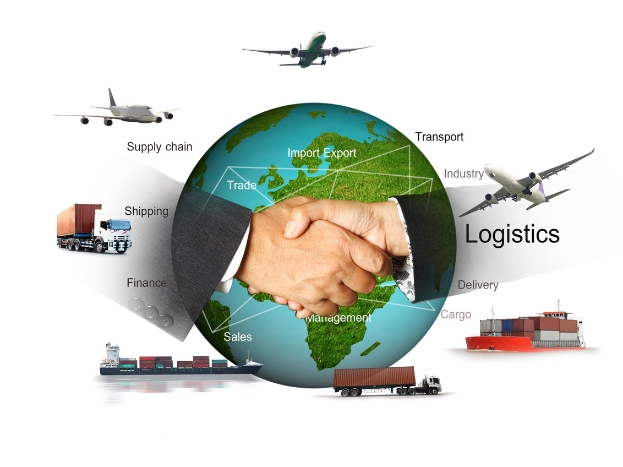When traveling internationally, it’s essential to be aware of customs regulations and the legal rules surrounding the import and export of goods. Understanding these rules can prevent potential fines, confiscations, or legal troubles. This guide provides an overview of what travelers need to know about customs regulations and how to navigate them successfully. Learning more with visa.javanet247
1. Understanding Customs Regulations
Customs regulations govern the import and export of goods into and out of a country. These laws are designed to control the flow of goods, protect local industries, and ensure that prohibited or restricted items do not enter the country. As a traveler, you are required to declare any goods you are bringing into the country that are subject to these regulations.
2. Commonly Restricted and Prohibited Items
Different countries have varying lists of restricted and prohibited items, but some common categories include:
- Food and Agricultural Products: Many countries restrict the import of certain food items, plants, and seeds to prevent the spread of pests and diseases.
- Alcohol and Tobacco: There are often limits on the amount of alcohol and tobacco you can bring into a country without paying customs duties.
- Cultural Artifacts: Some countries restrict the export of cultural artifacts and antiques to preserve their cultural heritage.
- Weapons and Firearms: The import of weapons and firearms is heavily regulated, and in many cases, prohibited without proper authorization.
3. Duty-Free Allowances
Most countries allow travelers to bring in a certain amount of goods without paying customs duties, known as a duty-free allowance. The types and amounts of goods you can bring in duty-free vary by country but typically include:
- Personal items: Clothing, personal electronics, and toiletries are generally exempt from customs duties.
- Alcohol and Tobacco: There are usually strict limits on the amount of alcohol and tobacco you can bring in duty-free.
- Gifts and Souvenirs: Many countries allow you to bring in a certain value of gifts or souvenirs without paying duties.
4. Declaring Goods at Customs
When entering a new country, you will be required to declare any goods that exceed the duty-free allowance or are subject to customs regulations. This is usually done through a customs declaration form, which you complete upon arrival. Failure to declare goods can result in fines, confiscation, or legal action.
5. Legal Consequences of Non-Compliance
Not complying with customs regulations can lead to serious legal consequences, including:
- Fines: Travelers may face substantial fines for failing to declare goods or for attempting to bring in prohibited items.
- Confiscation: Customs officials have the authority to confiscate undeclared or prohibited goods.
- Legal Action: In severe cases, travelers may be subject to legal action, including arrest and prosecution, especially for attempting to smuggle restricted items.
6. Tips for Navigating Customs Smoothly
- Research Before You Travel: Always research the customs regulations of your destination before you travel. Many countries have specific rules that may differ significantly from your home country.
- Keep Documentation: Retain all receipts and documents for items you purchase abroad, as you may need to present them at customs.
- Be Honest and Declare: Always declare goods that are subject to customs regulations, even if you’re unsure. It’s better to declare and not need to pay duties than to face penalties for non-declaration.
- Understand Currency Regulations: Some countries have strict regulations regarding the import and export of currency. If you are carrying a large amount of cash, be sure to declare it.
7. Special Considerations for Specific Goods
- Electronics: If you’re bringing in expensive electronics, be aware of the rules regarding personal use vs. commercial quantities, as this can affect whether duties are applied.
- Medicines: Some medications that are legal in your home country may be restricted or banned in other countries. Always carry prescriptions and check the regulations beforehand.
- Cultural Artifacts: If purchasing antiques or cultural items, ensure that you have the necessary export permits, as some countries strictly regulate the export of such items.
Conclusion
Understanding customs regulations and legal import/export rules is crucial for any international traveler. By being informed and prepared, you can avoid potential legal issues, ensure a smooth customs experience, and protect yourself from fines or confiscations. Always check the latest regulations for your destination and plan accordingly to make your travel experience as seamless as possible.

